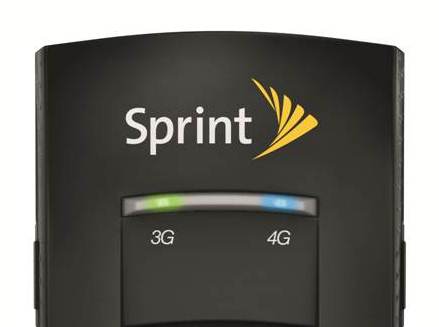Telecom & Wireless
Sprint + T-Mobile, Comcast + Time Warner Cable = ?
Published:
Last Updated:
Maybe Sprint Corp. (NYSE: S) will buy T-Mobile US Inc. (NASDAQ: TMUS), just like Comcast Corp. (NASDAQ: CMCSA) may buy Time Warner Cable Inc. (NYSE: TWC). If either deal gets through the gauntlet of government regulation, it will be because certain assets have been sold, to make the deal create less of a monopoly that is.
Comcast believes it has found a solution, which is to put some of the assets of a newly created company into a new company partially controlled by Charter Communications Inc. (NASDAQ: CHTR). No one can guess what Sprint and T-Mobile will do with the subscribers the government will say they may not keep. AT&T Inc. (NYSE: T) is nearly a monopoly, so maybe some of the customers can be added to it — to make it a bigger monopoly.
All of these deals are subject to loans from banks, and, if the stock market collapses, the transactions could be scuttled altogether.
Then there is net neutrality. Is 4G service part of the net neutrality world? Can Netflix Inc. (NASDAQ: NFLX) buy a faster connection to smartphones? If so, what happens to the speed of the 4G connection that people get if they do not subscribe to Netflix? And what will Netflix have to pay for that faster wireless broadband? And what will all of these high-speed connections bought by video providers — over wireless and wires — do to the broadband experience of the typical American who does not have a paid video service? At least the American who has broadband at all.
READ MORE: Comcast Dumps Subscribers
What will happen to broadband speeds if Netflix and Hulu and Amazon.com Inc. (NASDAQ: AMZN) all rent part of the broadband Internet highway? How much of the so-called pipe will be left? No matter what content providers and broadband providers say, the “pipe” is only so large. What happens when it is nearly full with the content that companies like Hulu pay for?
When regulators and proactive groups say they worry about net neutrality, they argue it is not fair that everyone cannot get the same access to broadband speeds. If the consumer were closely questioned about the trade-off between getting a perfect Netflix signal in exchange for a slower Internet for other services, what would he say? I want my good Netflix service, but I want to download files as quickly as I could in the past. Now, the consumer is really in a bind. He wants two things, which together broadband companies may be unable to provide.
READ MORE: Sprint Loses More Subscribers
The “pipe” is getting too full. An, the people who fill it, and the new monopolies that own it, do not really have an answer for that, no matter what they say.
Retirement planning doesn’t have to feel overwhelming. The key is finding expert guidance—and SmartAsset’s simple quiz makes it easier than ever for you to connect with a vetted financial advisor.
Here’s how it works:
Why wait? Start building the retirement you’ve always dreamed of. Click here to get started today!
Thank you for reading! Have some feedback for us?
Contact the 24/7 Wall St. editorial team.